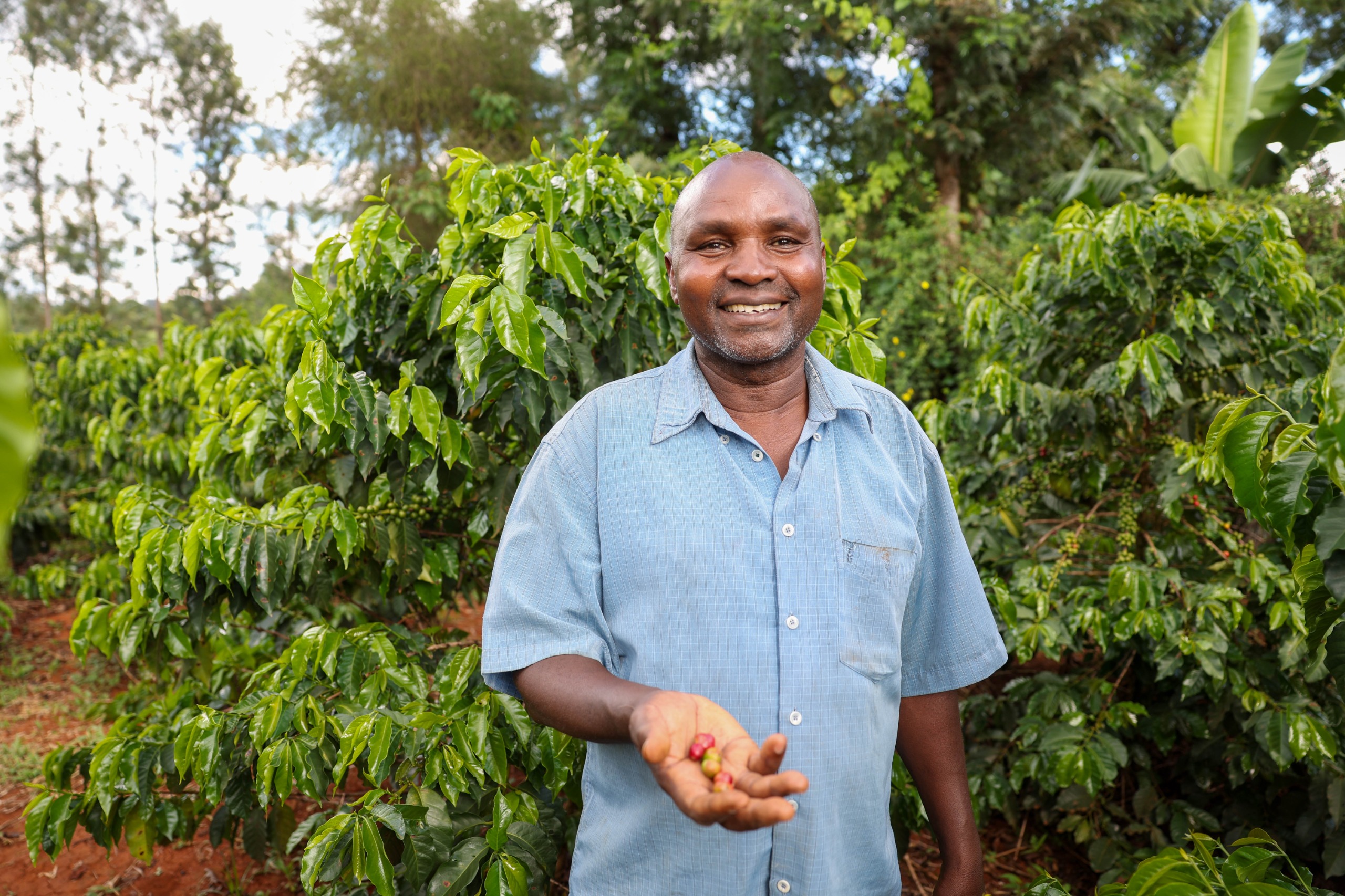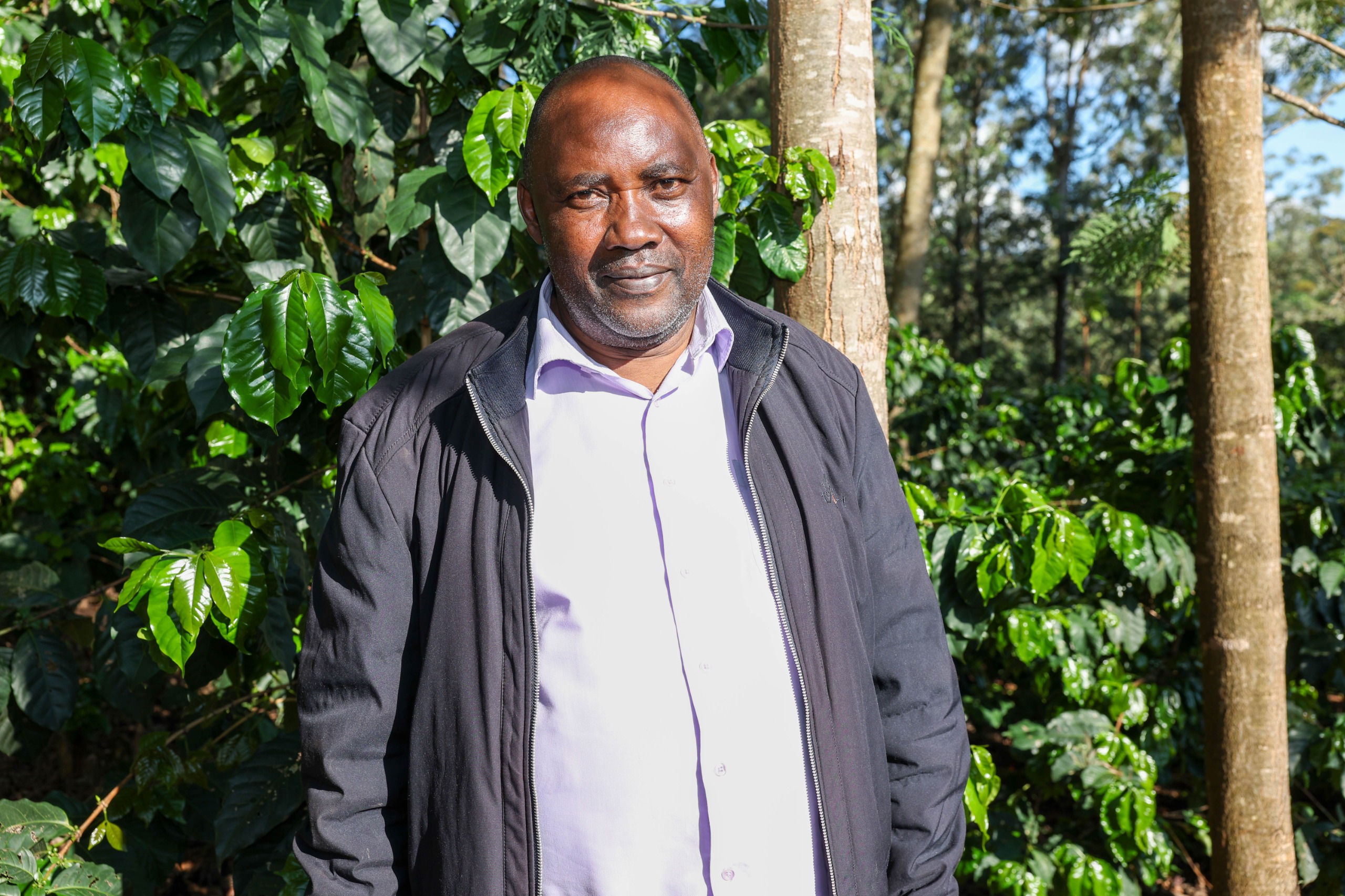
The ongoing reforms in the coffee sector have started paying off
as farmers reap big.
Joseph Gichoya worked as a teacher for 37 years before
dropping the chalk and plunging into the sector that was previously riddled by
a number of challenges.
Today, Gichoya is armed with a pruning shears, gumboots, a jembe
and other essential farm tools, and has embraced coffee growing.
“It is the best decision I made, having retired from teaching.
It is paying off.”
Gichoya said that he is now enjoying the best moments of his
life after his retirement coincided with intensive efforts by the Kenya Kwanza
administration to revive the coffee sub-sector, efforts that have started
bearing fruit.
The revival efforts started off with a two-day Coffee
Stakeholder Summit held in Meru on June 8-10, 2023, with the aim of returning
the crop back to profitability, to improve the livelihoods of farmers in the 33
coffee-growing counties and in turn boost the country’s economy.
Coffee is one of the priority value chains that President
William Ruto pledged to inject more resources into to spur economic growth from the
grassroots in line with the Bottom-Up Economic Transformation Agenda (BETA).
Consequently, the government introduced key reforms, chief
among them being the reopening of Nairobi Coffee Exchange (NCE) and the
introduction of the Direct Settlement System (DSS) to promote transparency and
accountability and weed out the cartels.
The Coffee Cherry Advance Revolving Fund (CCARF,) which is now about Sh7 billion, was introduced by the government to provide low-cost financial support to small-scale farmers with coffee farms not exceeding 20 acres.

Speaking at his coffee farm at Baragwi in Gichugu, Kirinyaga
County, Gachoya, who retired last year, said venturing into coffee has enabled
him to have a dream retirement. He said last year coffee farmers received a
record Sh145 per kilogram of cherry.
“I can tell you that I am smiling all the way because this
is the best price that I have ever seen in my life as a coffee farmer,” he
said, adding:
“I got 8,000 kilograms from my 3-4 acres of bush scattered around this place because coffee is gold, kahawa ni dollar.”
Tracing the journey to the record prices, Gachoya said:
“Honestly, we thank the government for the efforts it has
taken to revive coffee… I did not go to Meru Coffee Summit, but I know people
who went, the transformation started there,” he said.
Due to improved prices, Gachoya is clearing his banana trees to
create more space for coffee, saying he expects better pay this year.
“I have already bought the seedlings and we will be planting on Monday,” he stated.
“If things go like this, we will be very rich, in fact, I
will soon be able to drive those big cars you see on the roads,” the former
teacher said, full of enthusiasm.
He challenged the youth to venture into coffee growing or any
other agricultural activity.
“I also have 40 people during harvesting, so generally I have
helped the government create employment, and that is something which makes me
proud,” he pointed out.
Kilometres away from Gachoya’s farm is Kariuki Mwendia, who
is also a retired teacher, another and successful coffee farmer described the latest
pay as a record breaker.
“If there is one thing this administration has done and
deserves applause, it must be the revival of the coffee,” he said.
He said that he employs up to 80 labourers during the peak,
that is, September-December.
The duo delivers the coffee cherry to Baragwi Coffee
Cooperative, one of the oldest and biggest coffee societies in Kenya, having
been established in the 1950s.
With about 20000 members, Baragwi Farmers Cooperative
Society today handles an average of 10 kilograms of cherries annually.













